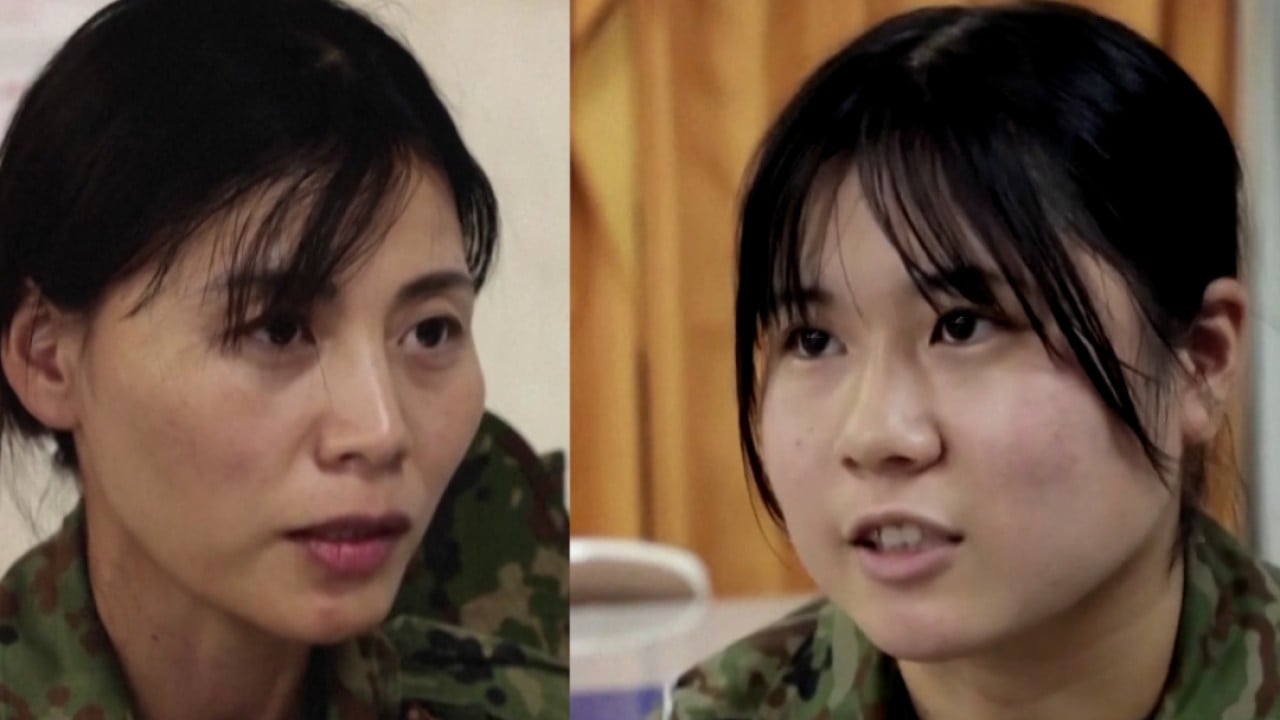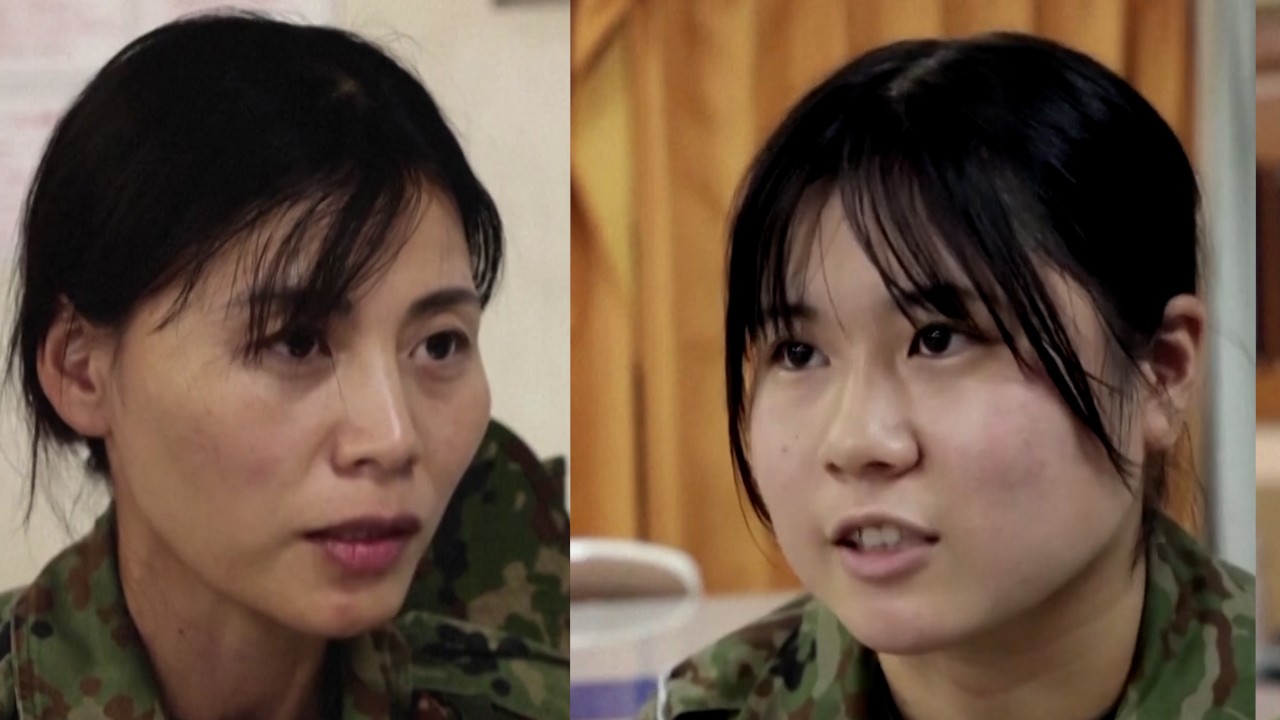Japan’s tumbling birth rate, better pay in the private sector and scandals have emerged as the military’s major stumbling block in attracting young recruits to plug a worsening manpower shortage.
The Self-Defence Forces managed to hire only 9,959 people in the financial year 2023, just over 50 per cent of their target and a record low for personnel joining the three branches of the armed forces.
The SDF’s optimum troop strength is around 247,000, but it is currently about 20,000 short of that figure across all arms of the military.
“People realise that they are living a reasonably good and comfortable life and they are asking why they would swap that for the strict life and poor pay of the military,” Ryo Hinata-Yamaguchi, an assistant professor of international relations at the University of Tokyo, said.
A string of scandals has also put some young Japanese off signing up.
On Tuesday, Rina Gonoi, who was sexually assaulted while serving in the Ground Self-Defence Force, reached a civil settlement with three of her former superiors.
She resigned from the GSDF in 2022 and defied requests from the defence ministry not to go public with her claims, eventually winning a compensation suit against the department.
Separately, the ministry on Friday took disciplinary action against 200 officials and members of the armed forces for a number of issues, including “power harassment” and sharing secret information with colleagues who did not have the appropriate level of clearance.
Defence Minister Minoru Kihara has ordered an investigation into reports that military contractor Kawasaki Heavy Industries Ltd provided money to submarine crew members under the guise of payments to subcontractors.
The latest revelations have further compounded the SDF’s long-standing image problem and its struggle to attract talent, analysts say.
“There are a lot of reasons why people do not want to join up, but one very basic one is that they do not want to have the s**t kicked out of them in training and, then when they are serving, the pay is not good and they simply do not see the added value for them in joining the SDF,” Hinata-Yamaguchi said.
He added that inadequate pensions, fewer training and educational opportunities for people to find jobs after leaving the services and the public impression of the armed forces have also amplified the SDF’s problems.
“Japan is inherently quite left-wing in many ways and there is still a bit of a stigma and negative perceptions in society attached to serving in the SDF,” he said. “That is getting better, I think, but joining the SDF is still mostly not well regarded.”
Garren Mulloy, a professor of international relations at Daito Bunka University, said “the environment that the SDF is trying to recruit in is extremely difficult”.
“Private companies are increasing wages and offering all sorts of perks to attract qualified and capable staff and the SDF just can’t keep up with that,” said Mulloy, a specialist in military issues.
Though the SDF’s government-approved pay had gone up marginally, it was not attractive enough to entice youngsters, he said.
Hinata-Yamaguchi said the future looked bleak for the military as the population problem is only “going to get worse”.
“The ministry is already struggling to appeal to people who are thinking they will be better off in the private sector, but it is very possible that in the future the recruits will be of lower quality,” he said.



